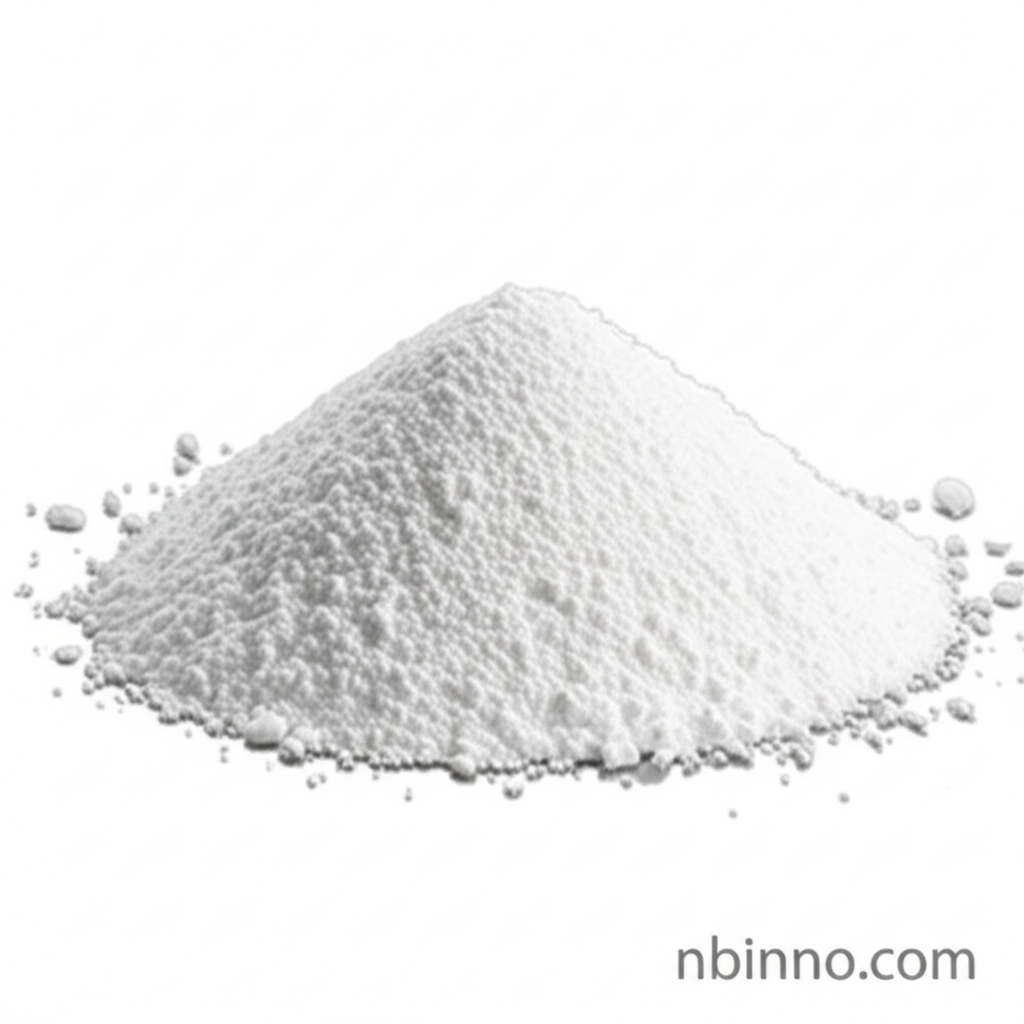Anionic Polyacrylamide (APAM): A Versatile Flocculant for Enhanced Water Treatment
Unlock efficient solid-liquid separation with APAM, a crucial polymer in modern industrial water management.
Get a Quote & SampleProduct Core Value

Anionic Polyacrylamide
Anionic Polyacrylamide (APAM) is a high molecular weight, water-soluble polymer renowned for its exceptional flocculation properties. Its unique anionic charge and long polymer chains allow it to effectively bridge and aggregate suspended particles in various industrial and environmental applications. This facilitates significantly improved solid-liquid separation through enhanced sedimentation and filtration processes.
- Anionic Polyacrylamide applications in water treatment are diverse, making it a staple in municipal and industrial wastewater treatment plants for removing impurities.
- The PAM flocculant mechanism involves neutralizing the negative charges on suspended particles and forming larger, settleable flocs.
- In mineral processing, APAM acts as a crucial agent for thickening and tailings management, improving water recovery and process efficiency.
- Its use in enhanced oil recovery and drilling fluids highlights its role in optimizing extraction operations and managing produced water.
Key Advantages
Efficient Solid-Liquid Separation
APAM's ability to rapidly aggregate fine particles ensures clear effluent and efficient sludge dewatering, directly improving operational outcomes.
Versatile Industrial Use
From industrial wastewater treatment to the intricacies of papermaking retention aid, APAM offers a reliable solution across numerous sectors.
Cost-Effective Performance
The high efficiency of APAM often means lower dosage requirements, providing a cost-effective solution for achieving desired water quality standards.
Key Applications
Wastewater Treatment
APAM is vital for clarifying municipal and industrial wastewater, effectively removing suspended solids and contaminants for cleaner discharge or reuse.
Mineral Processing
Used in mineral slurries to enhance thickening and dewatering, thereby improving water recovery and process efficiency in mining operations.
Oil & Gas Industry
Essential for produced water treatment, drilling fluid viscosity enhancement, and improved oil recovery rates in the petroleum sector.
Papermaking
Functions as a retention and drainage aid, improving paper quality, fiber retention, and dewatering efficiency in the pulp and paper industry.
